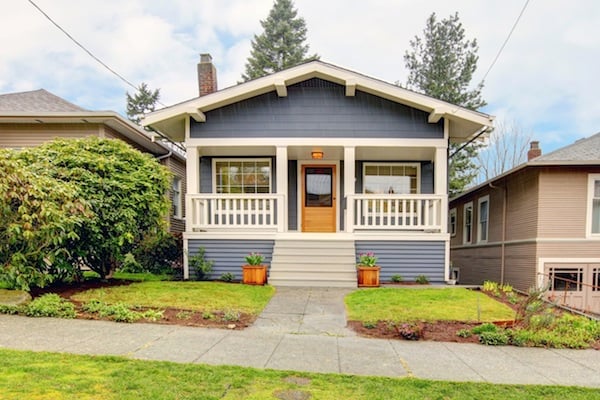You wouldn’t buy a house before you see it, so why would you move to a new city without doing your research? Millennials, we know you’re itching to move to a new city for some fresh opportunities and a different perspective. Here are some things you should consider when you’re moving out.
1. Research the area
This seems like a no-brainer, but make sure that the city offers the things that are most important to you. If you absolutely love jazz, is there a good jazz bar? What kinds of festivals does the area host? Where will your new office be located, and what kind of traffic might you encounter if you decide to live across town? Most importantly, where are the social hotspots for you to meet your peers? If possible, take a trip to your new city before you decide to move with the intention of checking things out. Stay with a friend, or find a temporary sublet or weekend rental in the area you’re considering so you can get an authentic feel for the neighborhood.
2. Create a budget
Using whatever costs you already know of — car payments, rent or condo fees, student loans, and so on — to estimate your monthly expenses. You’ll want to save up before moving out of course, ideally at least a month worth of cushion, or six if you are moving without already securing a job, but creating a realistic budget will help you feel confident about your finances. Use a spreadsheet or other budgeting program and your predicted salary to line out how much money you’ll have for other items like groceries, utilities, self-care, gym membership, and other necessities. Then if there’s any left over? Budget a category for social activities so you can get out and mingle with your new community.
Don’t forget to use our new apartment checklist before moving.
3. Find a roommate
If your budgeting efforts are looking like money will be tight, consider finding a roommate to cut your cost of living significantly. Ideally, find a roommate who shares a similar lifestyle — a young professional would be a good choice. Communicate as much as possible prior to agreeing to move in or signing a lease to be sure you’re a good match. You don’t want an unfortunate roommate situation to sour your new beginnings!
4. Create a packing list
If you are moving out for the first time, it could be easy to forget something crucial. If you’re moving long distance, that could be a blunder you regret. Create a comprehensive packing list to make sure you don’t forget a single thing – like sheets and blankets. Or your laptop charging cable. You know, important things. Then when moving day arrives, put all of your essentials into one box or suitcase for easy access upon arrival. Basic toiletries, a few changes of clothes, and bedding to get you through your first couple of nights should be plenty.
5. Change your address in advance of your move
Avoid lag time on important mail by changing your address well before you actually load the moving truck. Make sure your new home is ready to receive your current mail, and inform the new tenants or your last landlord of your forwarding address just in case. The Post Office should be able to take care of that, too.
6. If you are renting…
Either conduct a walk-through inspection with your landlord with a checklist that you both sign or take photos of the space — especially existing damage — before you move your belongings in. This will be the evidence you need to show you’ve left the space in good shape, and save you from suddenly becoming responsible for damage you didn’t do. Even if you have a good relationship with your landlord, cover your bases. Renter’s insurance is generally a good idea as well.
7. Give yourself some time to make test runs
Before your first day of work, test out how long your commute will take around the same time you’ll be headed in. You don’t know what traffic will be like on the streets or on public transit, so find out how much time you need to allow. Being on time for your first day is kind of important!
Ready to call the moving company? Better yet, get exact prices online quickly and spend your extra time researching MeetUp groups around your favorite sport.








